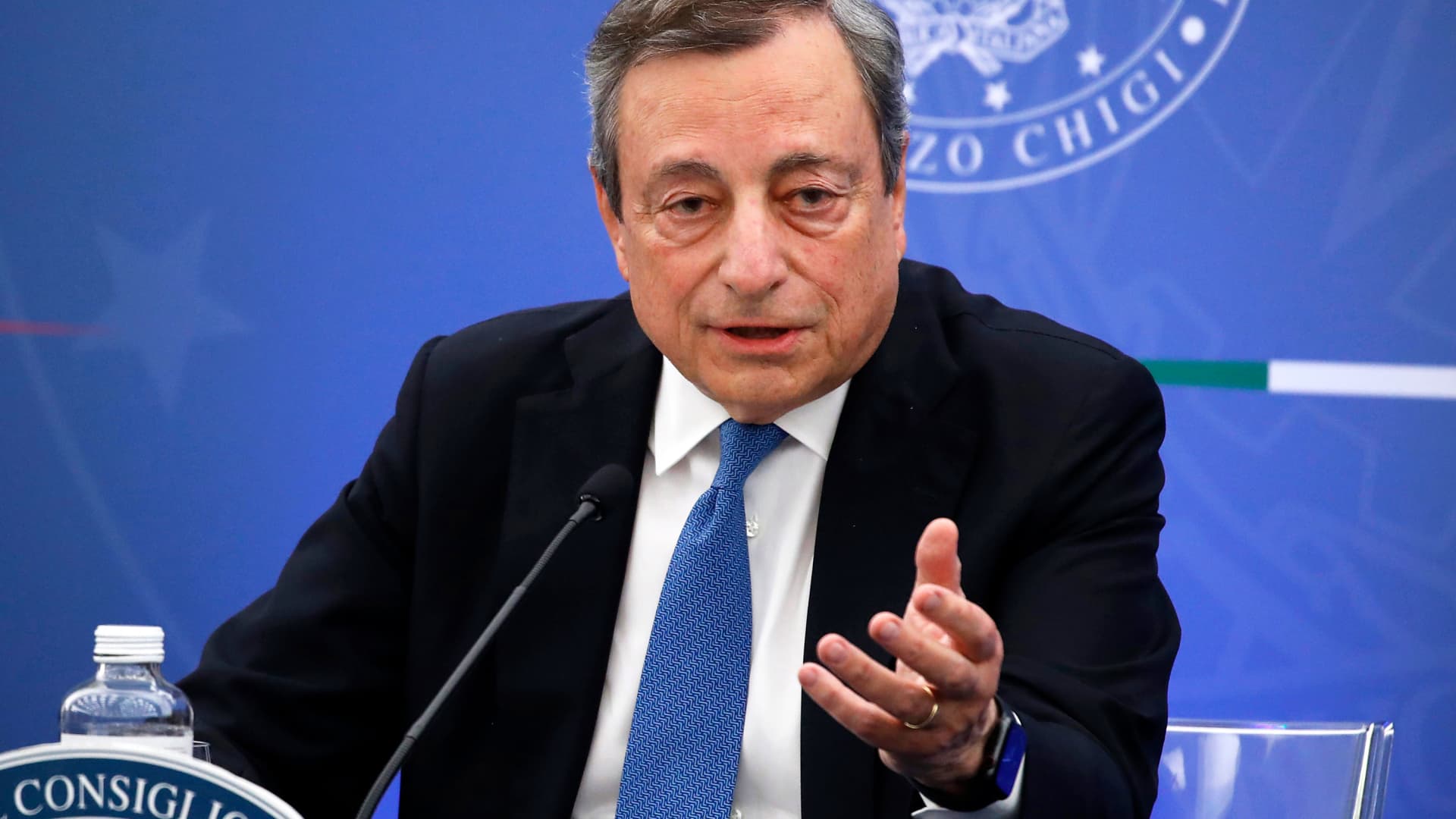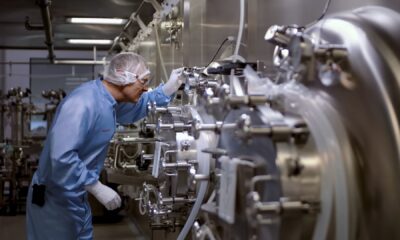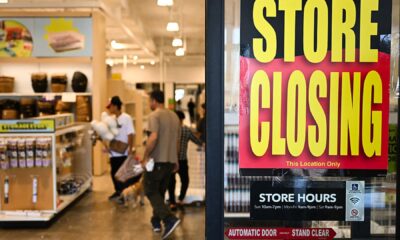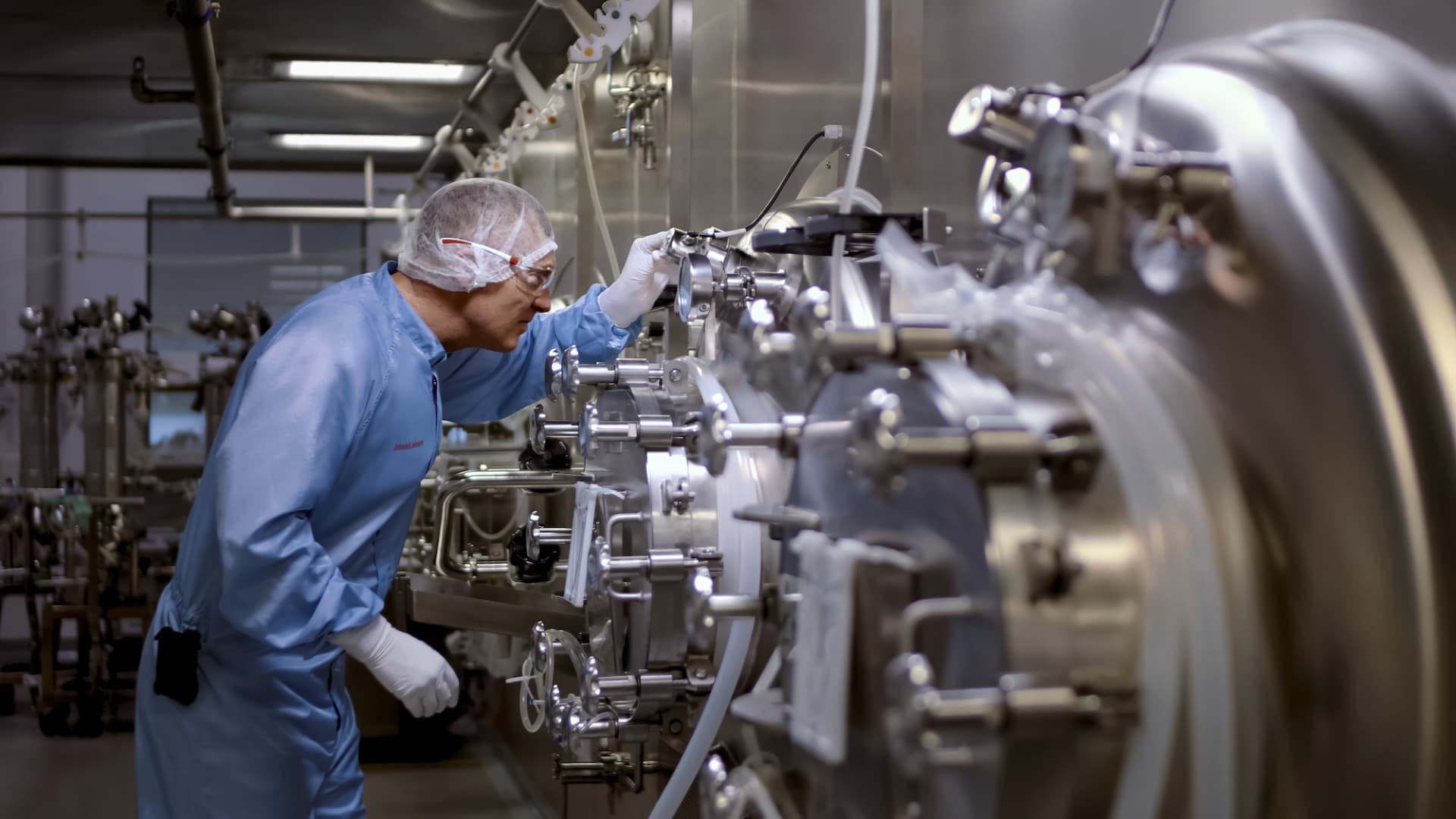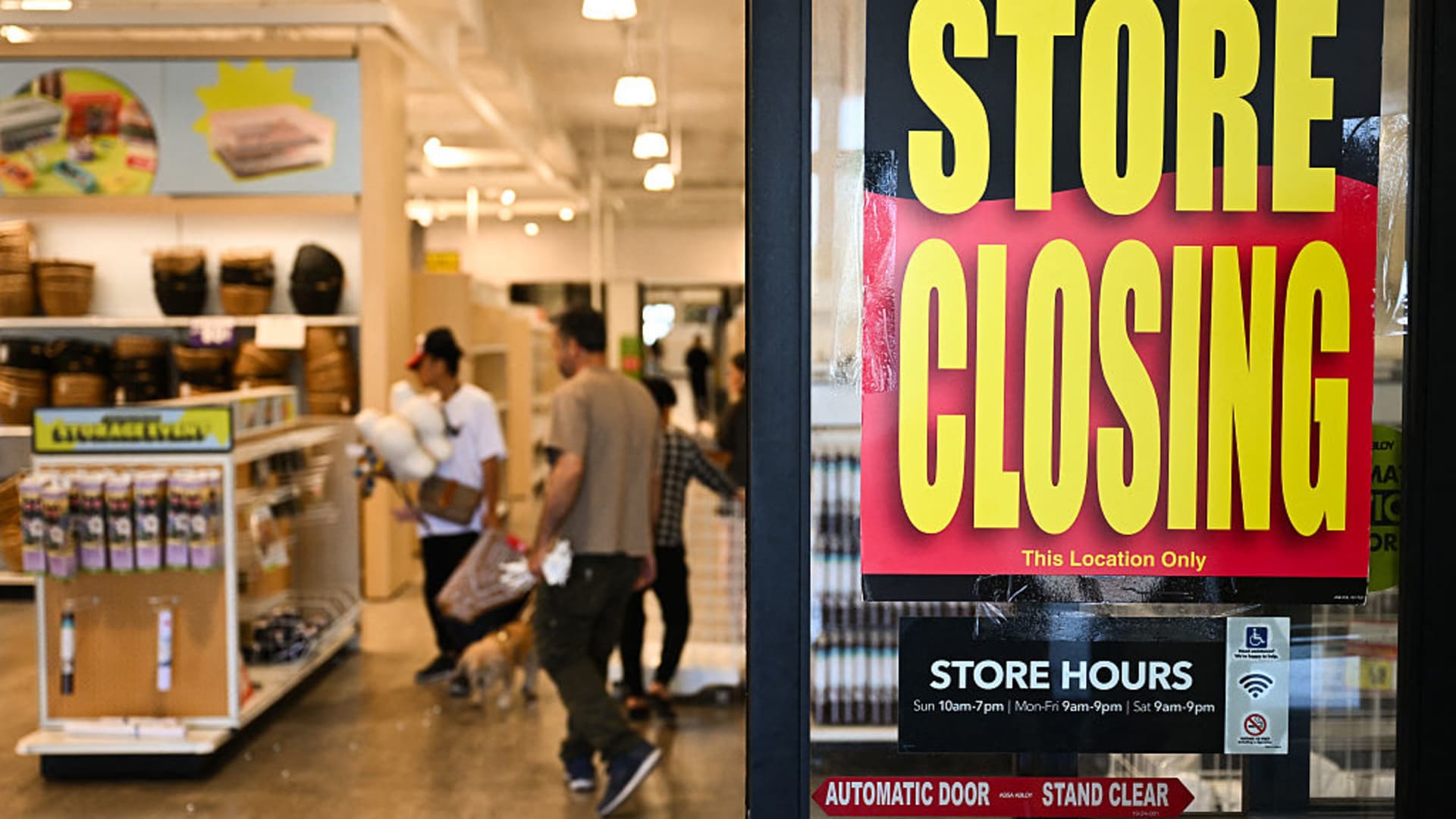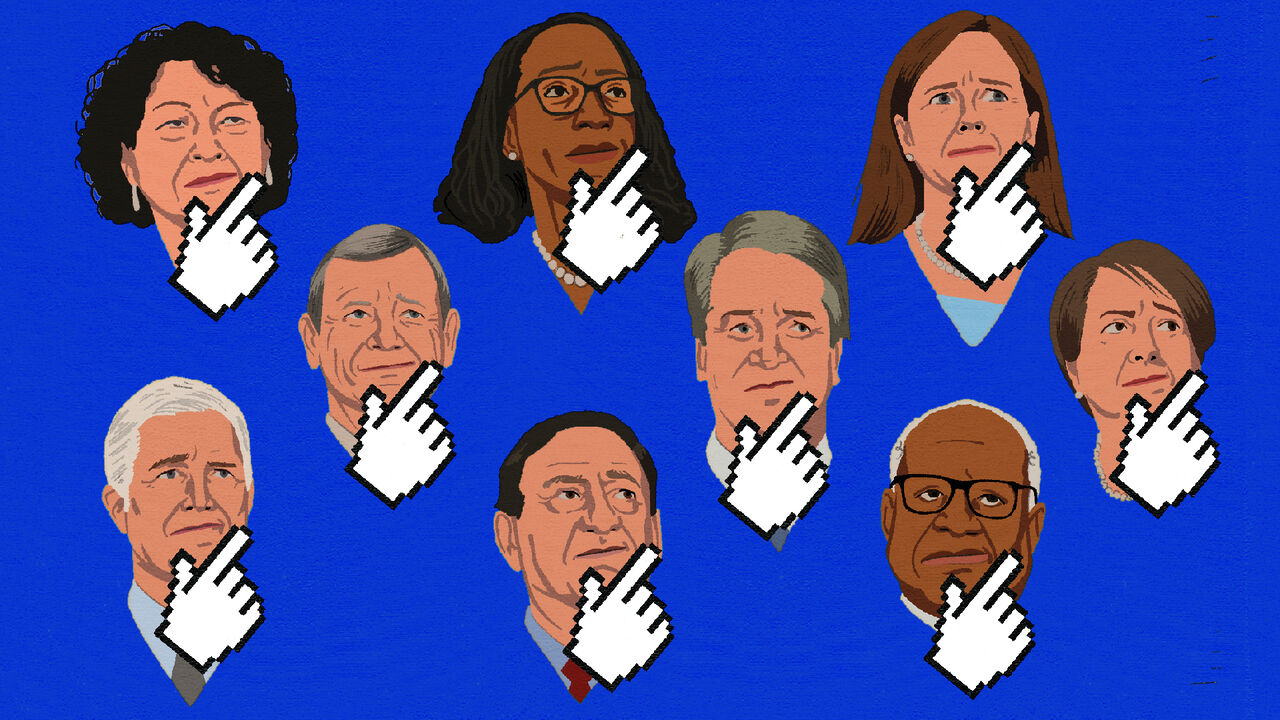Economic growth in the European Union continues to lag behind that of China and the United States, threatening the bloc’s goals of bolstering its geopolitical relevance, social equality and decarbonization, according to a report from economist and politician Mario Draghi.
The keenly awaited report led by Draghi — who previously served as prime minister of Italy and president of the European Central Bank during the euro zone debt crisis — found these EU ambitions were now in question amid weakening productivity growth that is slowing overall economic expansion in the region.
The wide-ranging report lays out major challenges that the EU must address through a new industrial strategy, which would include reducing energy prices, raising competitiveness and strengthening defense investment.
The EU must also adapt to a world where “dependencies are becoming vulnerabilities and it can no longer rely on others for its security,” the report found, citing the EU’s dependence on China for critical minerals, and China’s reliance on the EU for absorbing its industrial overcapacity.
The EU’s high level of trade openness will leave it exposed, if trends toward supply chain autonomy accelerate, the report continues. Roughly 40% of Europe’s imports come from a small number of suppliers which are difficult to replace, and around half of this volume originates from countries with which the bloc is not “strategically aligned,” it says.
“The EU will need to develop a genuine “foreign economic policy” that coordinates preferential trade agreements and direct investment with resource-rich nations, the building up of stockpiles in selected critical areas, and the creation of industrial partnerships to secure the supply chain of key technologies,” the report states.
The EU will need to ensure dependencies do not increase and look to “harness the potential of domestic resources through mining, recycling and innovation in alternative materials.”
Other goals include full implementation of the single market, which includes 440 million consumers and 23 million companies, by reducing trade friction. The bloc also seeks to ensure its competition policy does not become a “barrier to Europe’s goals,” particularly in the technology sector. The European coalition must also facilitate “massive investment needs unseen for half a century in Europe,” through a mix of private finance and public support. The EU is meanwhile suffering an “innovation deficit” which must be tackled through reforms, the report states.
The EU’s total investment-to-GDP rate will have to rise by around 5 percentage points of EU GDP per year to levels last seen in the 1960s and 70s to meet defense, digitalization and decarbonization targets, according to the study.
On steps to mobilize private finance, the report recommends transitioning the European Securities and Markets Authority (ESMA) from a co-ordinator of national regulators into a single regulator for all EU securities markets able to focus on overarching goals, similar to the U.S. Securities and Exchange Commission (SEC).
The report was commissioned last year by European Commission President Ursula von der Leyen, who was elected for a second five-year term in July and is set to appoint new Commissioners this week.
The findings “will trigger a crucial debate for the future of the EU/Eurozone, but there is no need to hold your breath,” Lorenzo Codogno, founder of Lorenzo Codogno Macro Advisors, said in emailed comments.
“Nothing will happen until the new Commission becomes fully operational, and even after that, the tricky, fragmented and fragile political situation across member states makes it challenging to obtain the political support necessary for action. Still, some surprises cannot be ruled out, and thus, the political debate that will follow needs to be monitored carefully,” he said.

 Accounting1 week ago
Accounting1 week ago
 Economics1 week ago
Economics1 week ago
 Economics1 week ago
Economics1 week ago
 Personal Finance1 week ago
Personal Finance1 week ago
 Blog Post4 days ago
Blog Post4 days ago
 Economics5 days ago
Economics5 days ago
 Personal Finance1 week ago
Personal Finance1 week ago
 Finance1 week ago
Finance1 week ago
